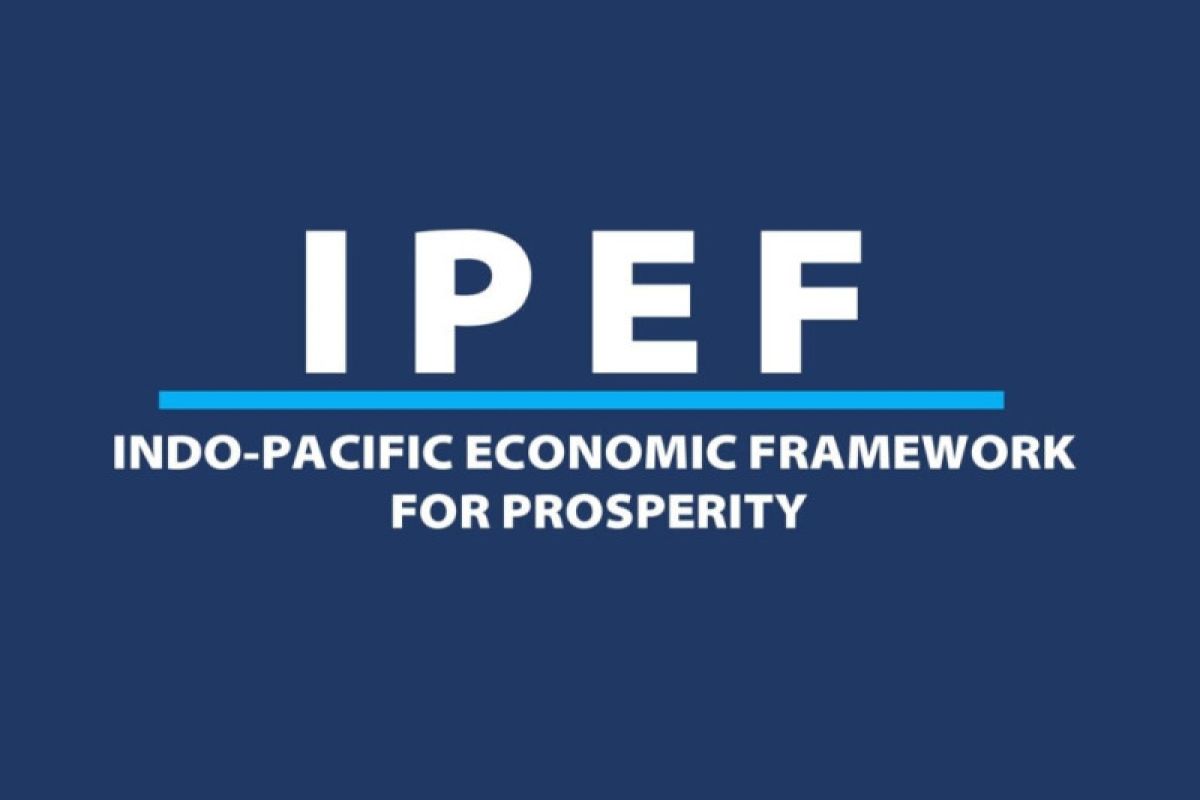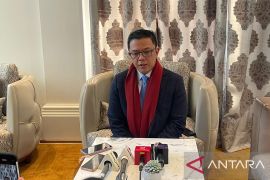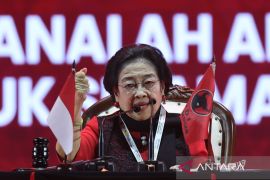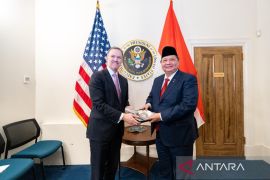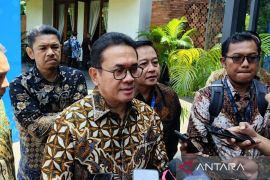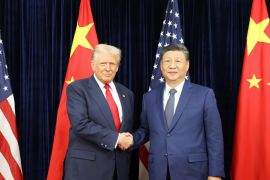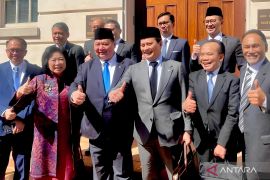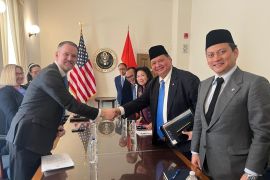"The Indo-Pacific Economic Framework will help us grow our economies in a sustainable and inclusive way," said Ambassador of the United States to Indonesia Sung Y. Kim, according to a press release issued by the US Embassy in Jakarta on Wednesday.
For the negotiating round, the US delegation is being led by Sarah Ellerman, IPEF Pillar I chief negotiator and assistant United States trade representative (USTR) for Southeast Asia and the Pacific (acting), and Sharon H. Yuan, Department of Commerce counselor and chief negotiator for Pillars II-IV.
Negotiators from 14 countries are also participating in the current round, which is being hosted by Indonesia’s Coordinating Ministry for Economic Affairs.
"We thank Indonesia for hosting hundreds of negotiators from throughout the Indo-Pacific this week to promote prosperity and development throughout the region," Ambassador Kim remarked.
In May 2022, the United States launched the IPEF with Australia, Brunei Darussalam, Fiji, India, Indonesia, Japan, the Republic of Korea, Malaysia, New Zealand, the Philippines, Singapore, Thailand, and Vietnam.
The IPEF represents an affirmative vision of economic cooperation among allies and like-minded partners in the Indo-Pacific region, reflecting a collective desire to address 21st-century challenges that go beyond trade and investment.
In September 2022, IPEF partners issued ministerial statements, which outlined the scope of negotiations for the four IPEF pillars, which include trade, supply chains, clean economy, and fair economy.
The first round of IPEF negotiations was held in December 2022 in Brisbane, Australia.
A special round of negotiations on Pillars II–IV was held earlier this month in New Delhi, India.
Related news: Will align efforts with ASEAN outlook in Indo-Pacific: Canada
Related news: President encourages East Asia to improve Indo-Pacific peace basis
Reporter: Yuni Arisandy Sinaga
Editor: Rahmad Nasution
Copyright © ANTARA 2023
